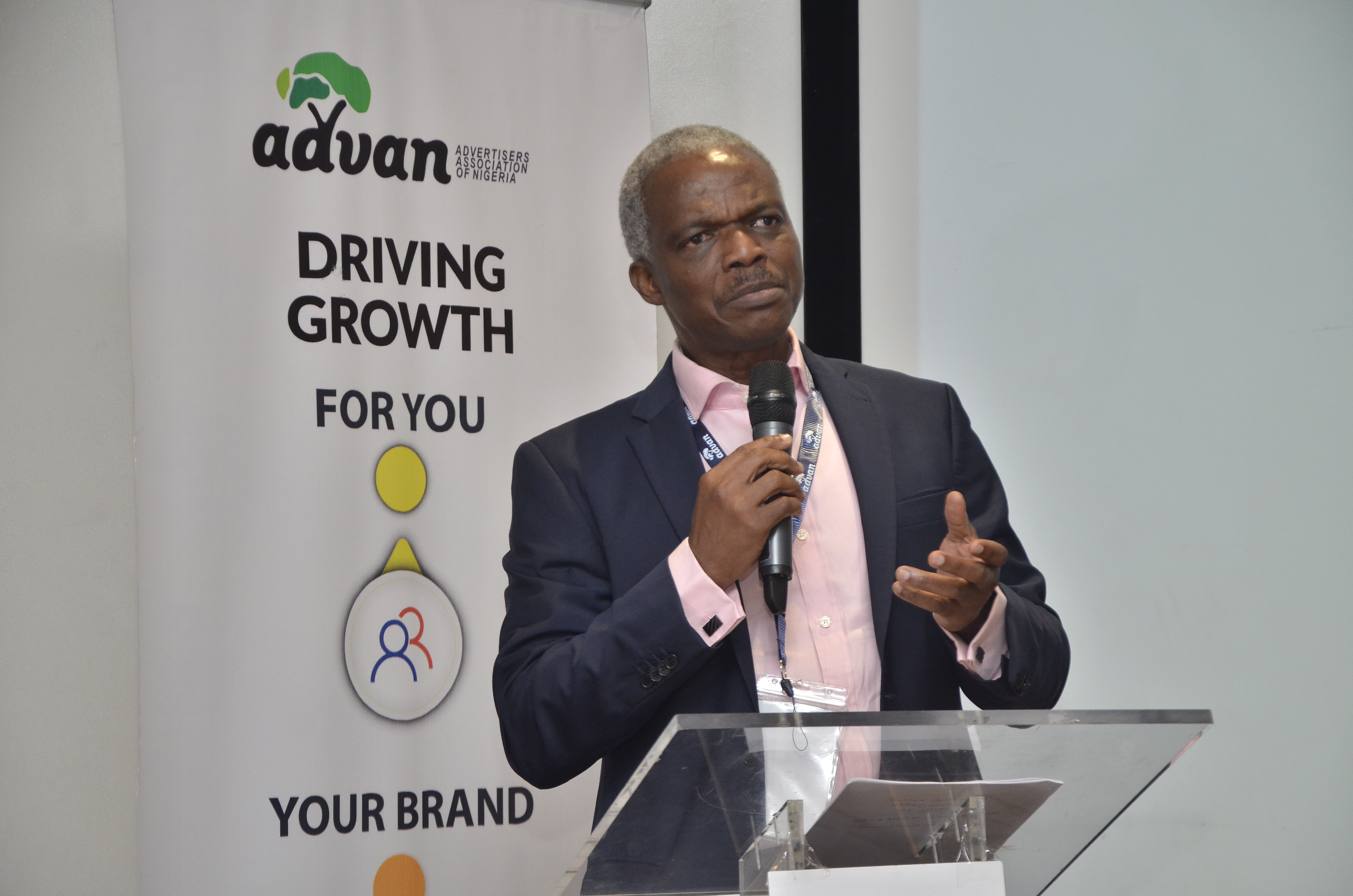Much of the source of volatility in Nigeria at a macro level is from factors over which Nigeria has no control. External factors are shaping and driving the Nigeria economy volatility.
Speaking at the ADVAN Cheif Marketing and Communications Officers (CMCO) Forum, Dr Doyin Salami talked about the Volatility of the Nigeria Economy and how it affects Nigeria businesses.
According to Dr Salami, one of the key challenges you face as a business executive in Nigeria is keeping your eyes peeled for things outside Nigeria, to avoid economy volatility.
There are four key elements attention should not deviate from:
1. Crude Oil: Oil is important in two dimensions; the first being oil price, over which we have no control and the other is oil quantity, over which increasingly we appear not to appear control.
2. International policy
3. Capital: Profit and interest rates may be slow, but they are not bound.
4. Diaspora transfer
Nigeria business needs to understand and be prepared to make domestic judgments. “We ignore international events and concentrate much on domestic happenings, and yet for some of us, the international environment is more important than the domestic environment.”
Nigeria has the fourth-largest most diversified manufacturing sector on the continent, but Nigeria is unwillingly to be a producer. For example, privatization of electricity should have created a market with the private sector as a key player.
Watch the full video below.









